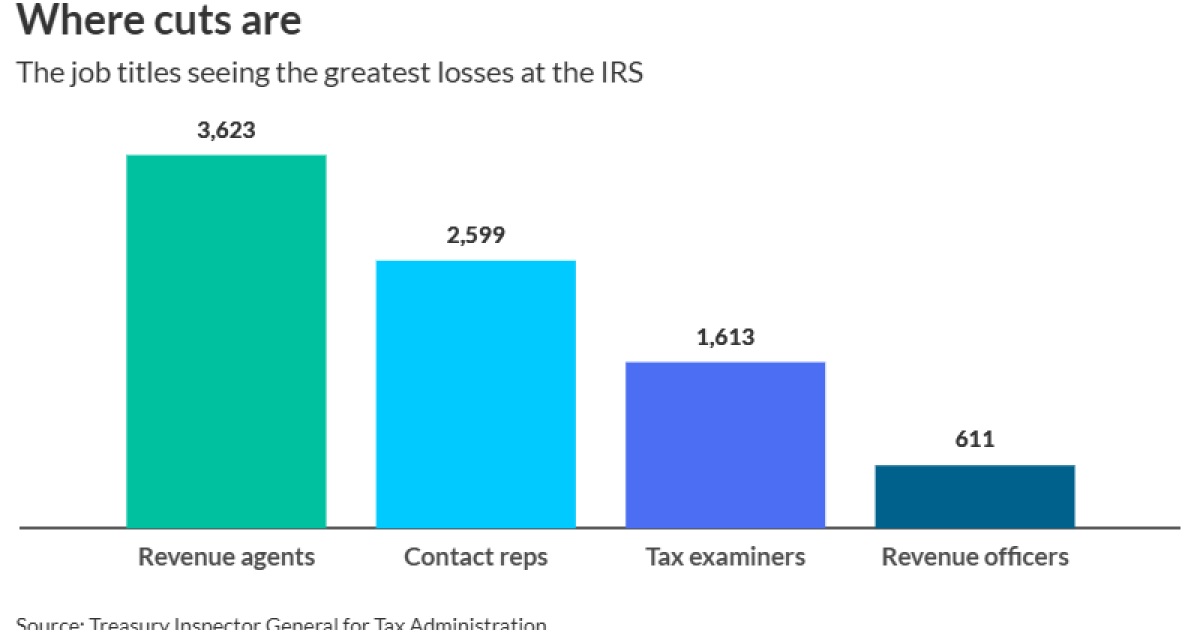President-elect Donald Trump’s vow to repeal subsidies for electric vehicles risks pushing Republican congressional allies into conflict with their home-district economic interests.
The once-and-future president campaigned on promises to eliminate incentives for EVs, a signature policy of the Biden administration. That threatens billions of dollars in investments and thousands of current and promised jobs at EV facilities, many of which are located in states aligned with the GOP.
Republicans represent congressional districts with 19 of 25 major automaker battery and EV assembly plants in operation or under construction, according to an analysis by Bloomberg. Most of the remaining facilities in Democratic Party-represented districts are in states which supported Trump in November’s election.
Trump has made rescinding President Joe Biden’s pro-EV initiatives a key plank of his economic platform. In his address at the Republican National Convention in July, he promised to “end the electric vehicle mandate from day one” of his second administration. To do that, he needs congressional approval to eliminate incentives such as a $7,500 per electric vehicle buyer subsidy in the Inflation Reduction Act, which was approved by a party-line vote in August 2022.
Such a move could be tricky with Republicans poised to hold slim majorities in Congress next year. Lawmakers are in a tough spot choosing between loyalty to Trump and constituent interests. Biden chided legislators facing that dilemma in a speech earlier this week at the Brookings Institution in Washington.
“The historic investments we made went to more red states than blue states,” he said. “Will the next president stop a new electric battery factory in Liberty, North Carolina, that will create thousands of jobs?”
That question may weigh heavily on Richard Hudson, a Republican congressman representing the North Carolina district where Toyota Motor Corp. spent $14 billion on a lithium-ion battery plant set to open next year and create 5,000 jobs.
Hudson, the chairman of the National Republican Congressional Committee, isn’t showing his hand.
“We’ll look at all of that,” he told Bloomberg when asked about Trump’s plans for the IRA and other Biden-era policies.
Carmaker political clout
Among the reasons carmakers flocked to Republican-leaning states are lower labor and land costs, as well as increased clout with GOP lawmakers — a hedge against shifting political winds in Washington.
The auto industry is anxious to pare back what it views as overly burdensome Biden policies in areas such as fuel economy standards. But it doesn’t want to jeopardize EV investments. Beyond buyer subsidies, the IRA also provides tax credits for up to $10 billion to fund a battery plant or $35 per kilowatt-hour for battery cells once it begins production.
Albert Gore, the executive director of the Zero Emission Transportation Association and the son of former Vice President Al Gore, said he expects some level of federal aid for EVs to survive the incoming administration.
“We’re past election season,” he said. “There’s an understanding and certainly a willingness to try to do right by any of the constituents that will be affected by any changes to these policies.”
Conflicted lawmakers may try to thread a needle by presenting more nuanced proposals.
Those Republicans could “present different policy options that strike a careful balancing act over how many of these jobs could be lost,” said Ron Bonjean, a Republican strategist and former House and Senate leadership aide.
GOP Rep. Brett Guthrie of Kentucky, the incoming chairman of the House Energy and Commerce Committee, wants to halt tax credits for EV buyers and new funding for battery plants — but not go back on promises already made.
“We have to look at it with a scalpel and not necessarily a sledge hammer,” Guthrie told Bloomberg, noting Ford Motor Co. has invested in EV battery plants in his district. “There are businesses that made investments based on what the law was. We need to look at that,” he said.
Letter campaigns
Eighteen House Republican lawmakers signed an August letter to House Speaker Mike Johnson asking him not to gut all tax credits and emissions regulations in support of EVs.
And the head of the Alliance for Automotive Innovation, the auto industry’s biggest lobbying group, petitioned Trump to keep EV and other auto-related tax credits in a separate letter.
But the president-elect hasn’t shown any signs of backing down.
His advisors already are planning to reexamine tailpipe emission standards imposed by the Environmental Protection Agency as well as stringent fuel economy requirements finalized in June, Bloomberg reported last month, citing people familiar with the matter.


 Economics1 week ago
Economics1 week ago
 Accounting1 week ago
Accounting1 week ago
 Blog Post5 days ago
Blog Post5 days ago
 Economics1 week ago
Economics1 week ago
 Personal Finance1 week ago
Personal Finance1 week ago
 Economics6 days ago
Economics6 days ago
 Personal Finance1 week ago
Personal Finance1 week ago
 Finance1 week ago
Finance1 week ago











